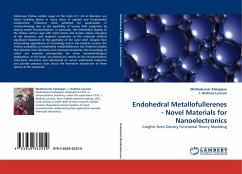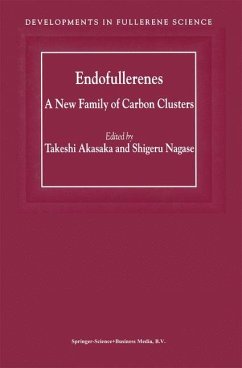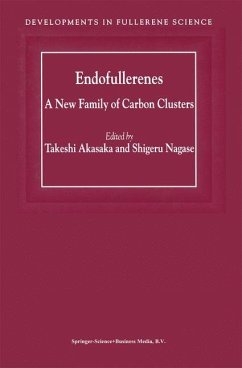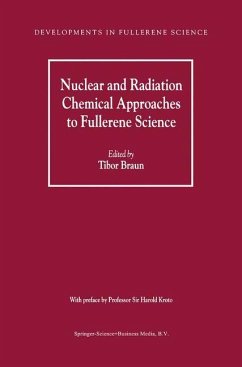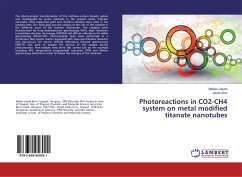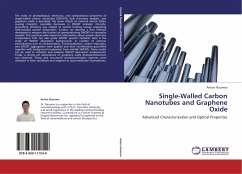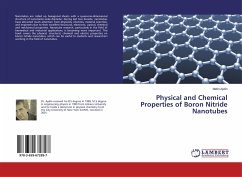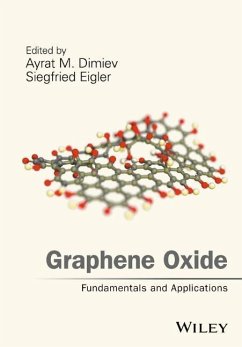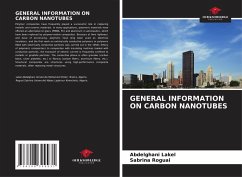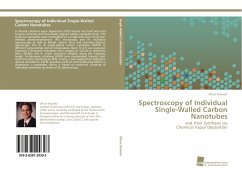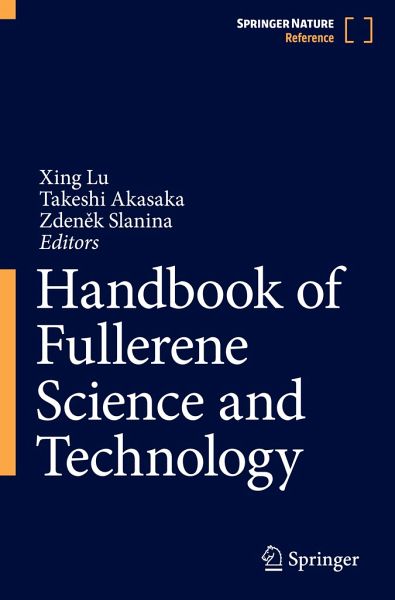
Handbook of Fullerene Science and Technology
Versandkostenfrei!
Versandfertig in 1-2 Wochen
420,99 €
inkl. MwSt.

PAYBACK Punkte
210 °P sammeln!
Nanocarbon chemistry and physics is a fast-developing, broad research area ¿ the Nobel prizes in 1996 and 2010 awarded to two key discoveries in the field, and several other nanocarbon achievements of comparable importance. Owing to this rapid growth, the nanocarbon landscape fundamentally changes every few years, creating a need to survey the field on a regular basis to update the books that have become incomplete or even obsolete. As such, this book focuses on fullerenes and metallofullerenes and also on the related areas of nanotubes and graphenes. All the covered research topics provide i...
Nanocarbon chemistry and physics is a fast-developing, broad research area ¿ the Nobel prizes in 1996 and 2010 awarded to two key discoveries in the field, and several other nanocarbon achievements of comparable importance. Owing to this rapid growth, the nanocarbon landscape fundamentally changes every few years, creating a need to survey the field on a regular basis to update the books that have become incomplete or even obsolete. As such, this book focuses on fullerenes and metallofullerenes and also on the related areas of nanotubes and graphenes. All the covered research topics provide important fundamental knowledge for the natural sciences, but also for applications in molecular electronics, superconductivity, catalysis, photovoltaics and medical diagnostics. The current nanocarbon research activities have particularly high application potential in the conversion of solar energy, future molecular memories, non-conventional materials for optoelectronics,and new treatments for civilization diseases. Offering a truly up-to-date critical survey of nanocarbon science, its concepts and highlights, it follows the concept of a handbook: it addresses key topics systematically, from historical background, methodological aspects, current important issues, and application potential, all supplied with extensive referencing. With individual chapters written by leading experts with extensive research experience, it is a comprehensive reference resource for graduate students and active researchers alike.



